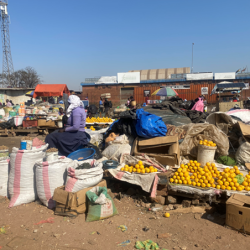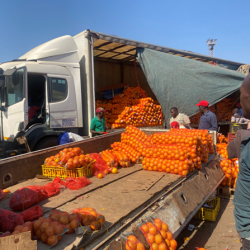Uncoordinated agricultural programs undermine efforts to build business
Across Africa, uncoordinated agricultural programs by government and development organizations have continue to increase food losses and undermine efforts to build strong business cases. At national level, there is often no connection between government and donor-driven programs that focus on the same value chains. Commodities from diverse similar interventions often converge in the same market Read more about Uncoordinated agricultural programs undermine efforts to build business[…]


